What is Play Therapy
Play therapy is a counselling method using creative arts such as art, play, therapeutic stories and role-play to help children explore their emotions, process their experiences, and express themselves in a safe and child-led space.
A child may not have the words to describe how they are feeling, or why they are behaving as they do. A child may not be able to recognise what they find difficult, or explain it to someone if asked. Play Therapy provides the expertise and time to do this through play. (PTUK, 2024). Play is a child’s medium for self-expression. When it is often hard to put thoughts and feelings into words, the therapeutic relationship aims to enable reflection, awareness, and to ultimately gain a better understanding of what is being expressed and what is happening for the child.
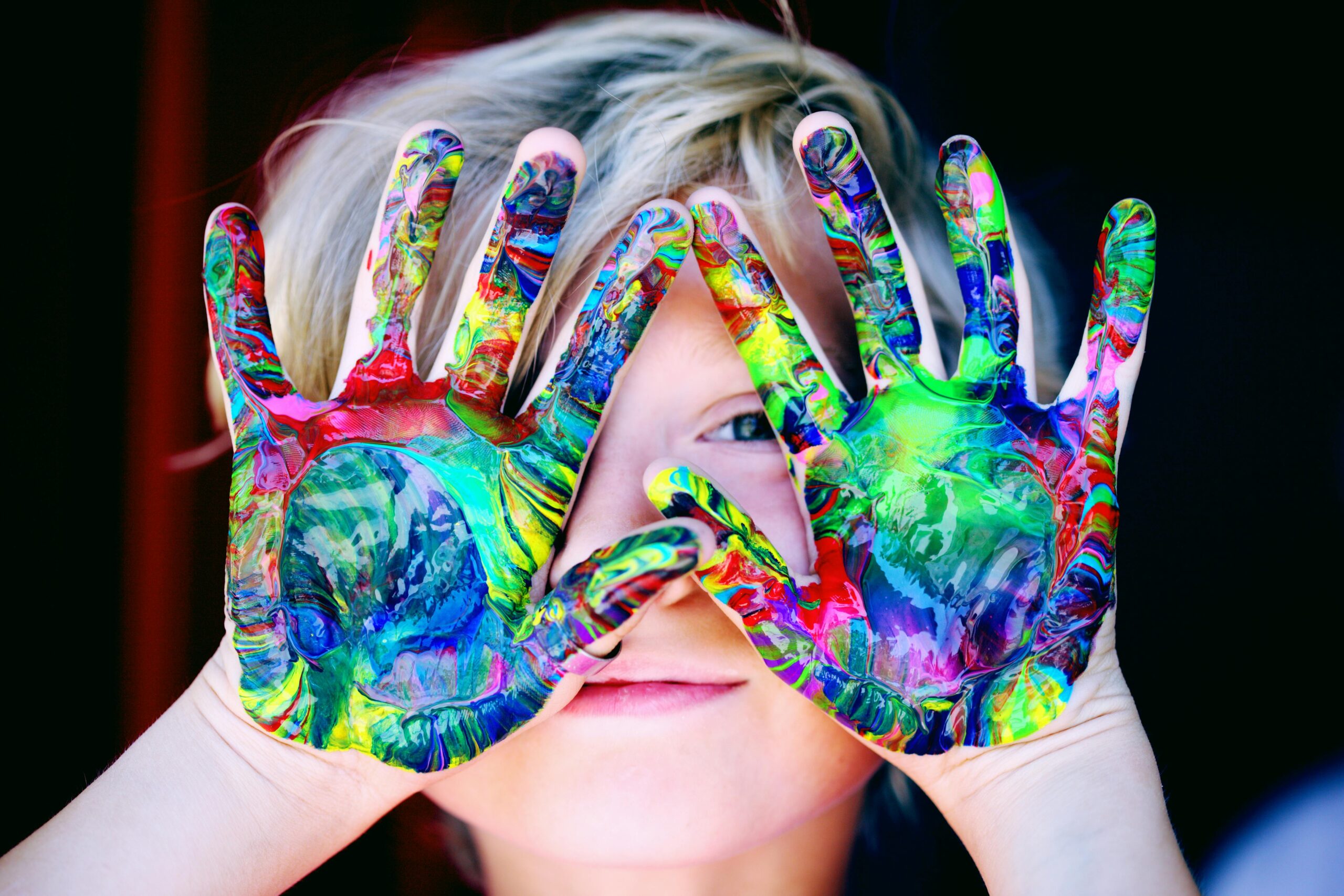
Play Therapy Sessions Aim To
01
02
03
04
05
06
07
08
What are the some of benefits of Play Therapy?
Increased self-esteem
Healthier relationships and attachments
Decreased anxiety and stress
Improved emotional regulation
Behavioral improvement and increased focus
Increased empathy for others
Understanding and respect for boundaries
Development of coping skills and resilience
Expanding self-expression
Increased self-awareness and knowledge of self/identity
Processing of trauma and difficult experiences
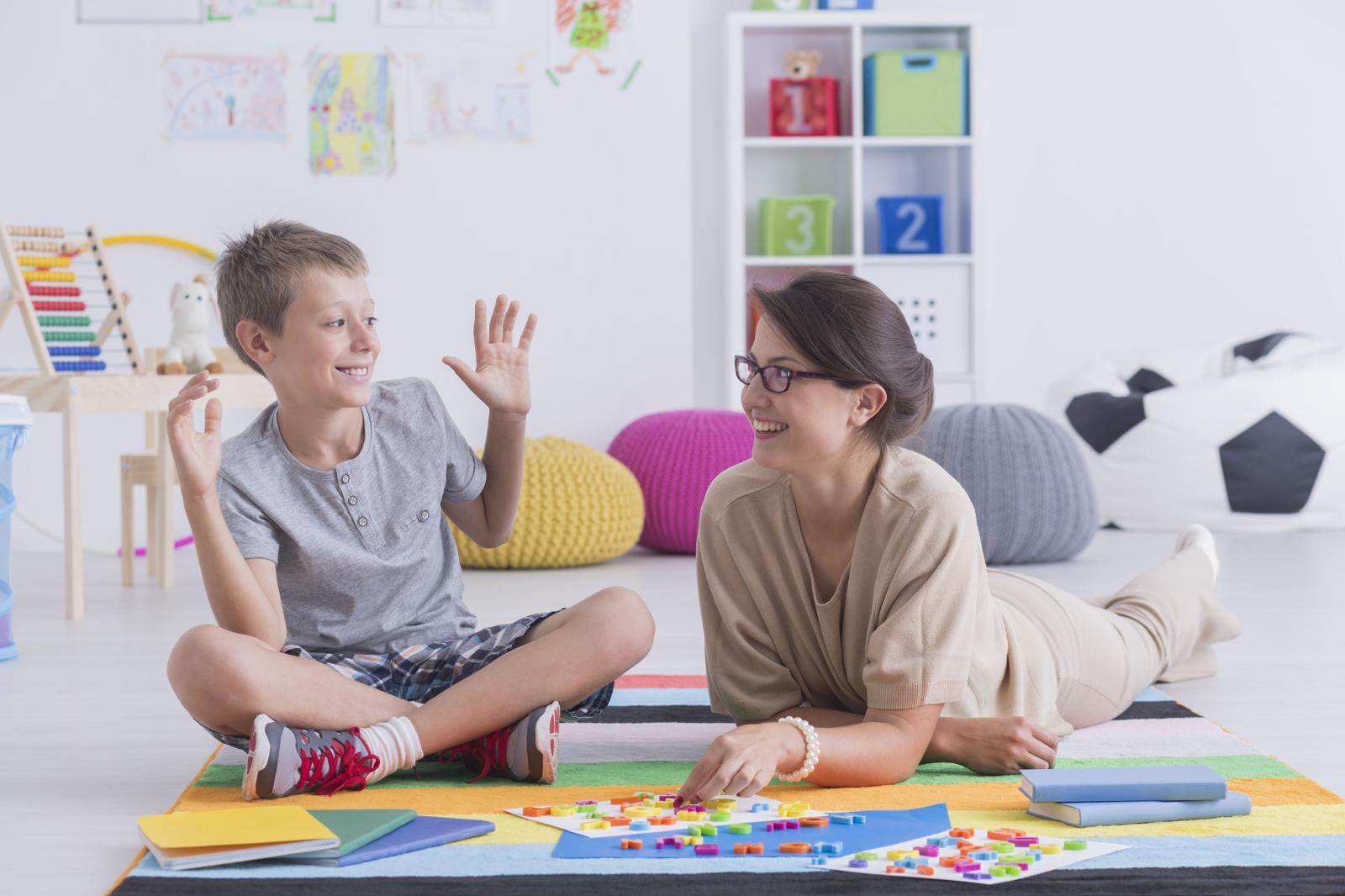
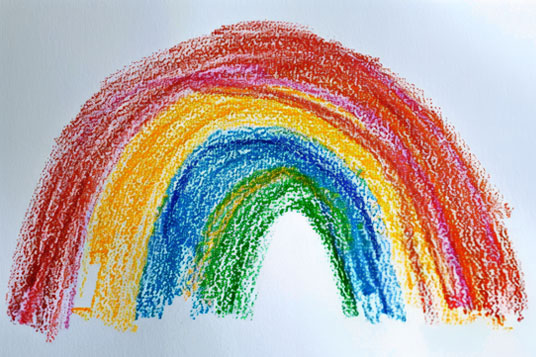
About Me

What is Play Therapy
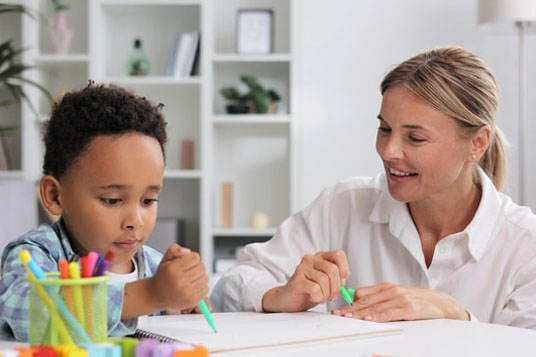
What Parents And Professionals Say
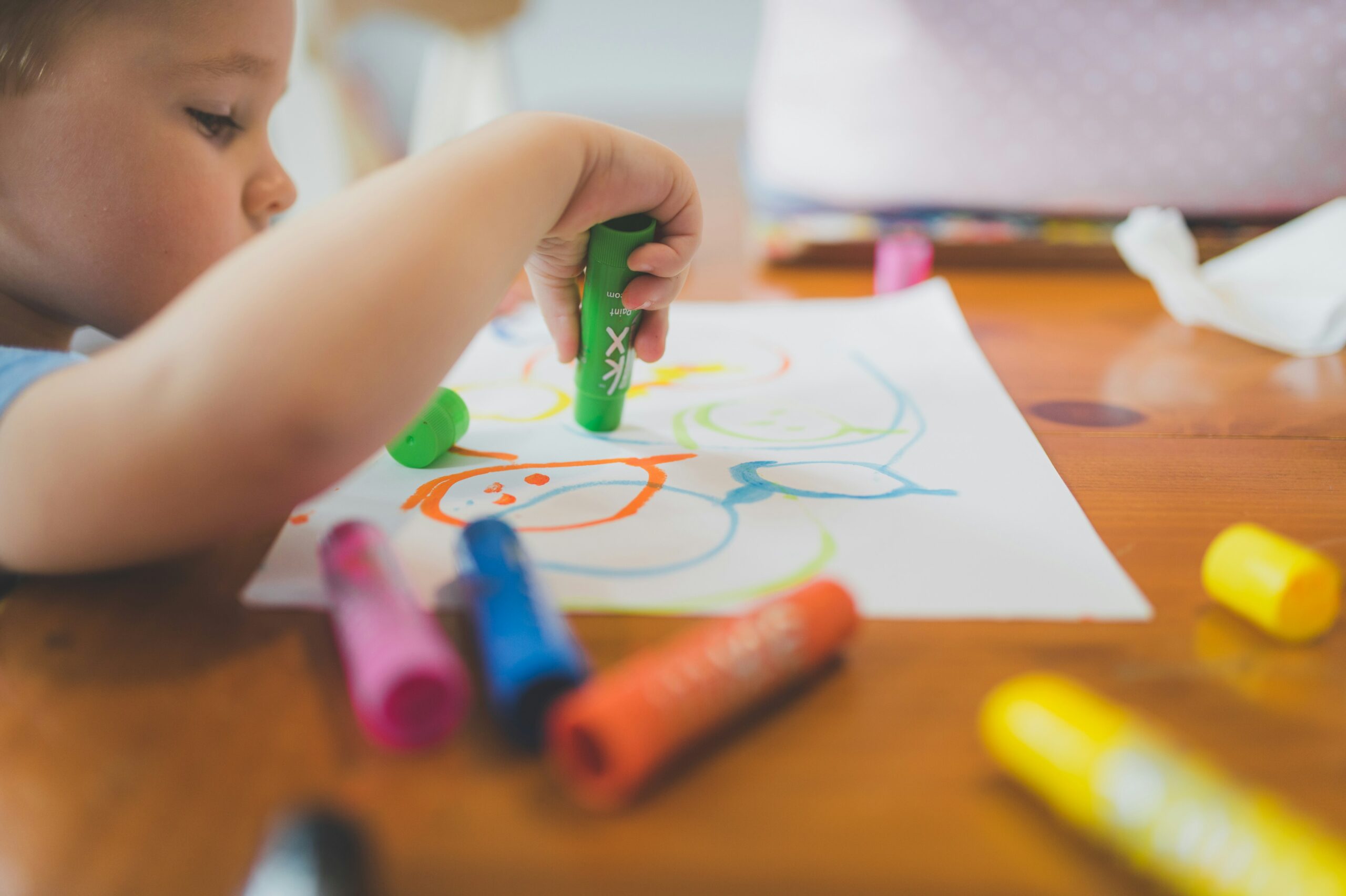
Useful Links and Resources
Get in Touch
We can discuss any concerns about your child or any further questions you may have.
